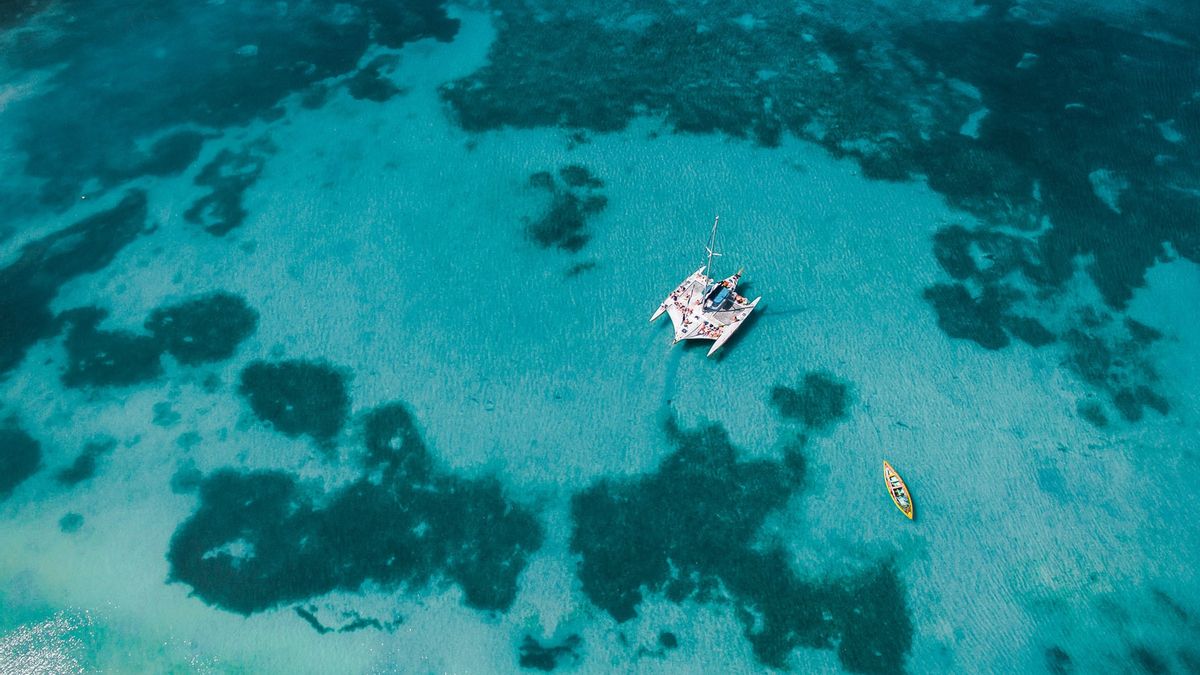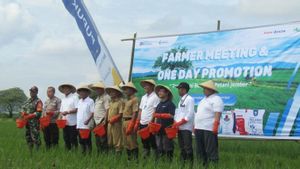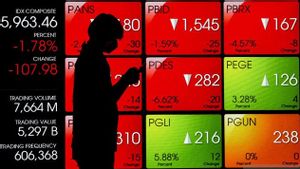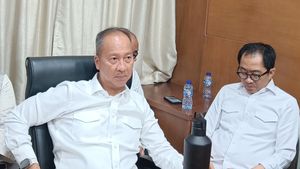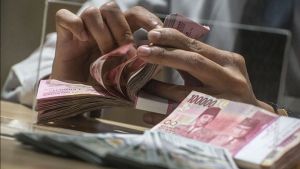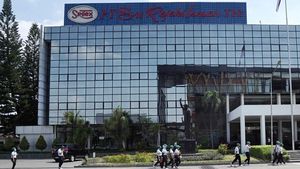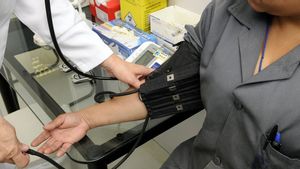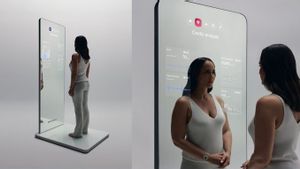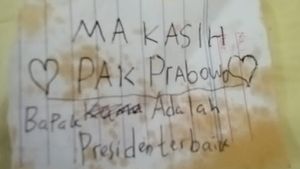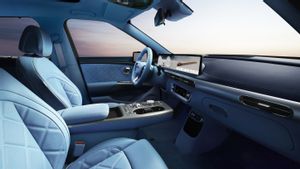JAKARTA - Minister of Marine Affairs and Fisheries Sakti Wahyu Trenggono reminded the ranks of the Ministry of Marine Affairs and Fisheries and various related parties that the trend or tendency of the world at this time is towards the application of a complete blue economy.
"I ask the whole ranks starting from the bottom, let alone we will go to the blue economy. Around the world today towards a blue economy," said Minister Trenggono in a halalbihalal event held virtually in Jakarta, quoted from Antara, Monday, May 17.
According to him, the emphasis on the blue economy is important because what is to be achieved is not limited to financial benefits but also the sustainability of the fishery ecosystem in accordance with the concept of blue economy which is currently a reference of many countries.
Minister Trenggono also invited his ranks to solid and actively spawn ideas and innovate in order to produce solutions in achieving targets despite many challenges that must be faced.
He reminded that the main targets of MPA include encouraging the productivity of sustainable fisheries and improving the welfare of fishermen, with a number of priority programs ranging from building local wisdom-based cultivation villages, to increasing PNBP from natural resources of fishing catches.
"Budi daya can also pollute the sea. Well this should we think how not to pollute the sea. So cultivate with technology, in better ways," he said.
This, he continued, became an interesting challenge and he was optimistic that it could be done with the support of the entire ranks and the spirit of the "dream team".
Previously Coordinating Minister for Maritime Affairs and Investment Luhut Binsar Pandjaitan said the blue economy is the direction of economic policy that Indonesia will develop to manage its maritime potential.
"The so-called blue economy, this is the direction of economic policy that we are developing. Blue economy is really the target of the government for us to be implemented," said Menko Luhut in a webinar, Friday, May 7.
Menko Luhut explained that as an island nation, Indonesia has a huge maritime sector potential. Indonesia, which is 75 percent of the territory is an ocean, has the potential of coral reef ecosystems covering an area of 2.5 million hectares and mangroves covering an area of 3.31 million hectares. The potential is considered to have a very large economic value.
Maritime economic development, continued Menko Luhut, will be directed to transform comparative advantage into competitive advantage. It aims to strengthen the economic sector as well as become the motor of new economic growth in the future.
Previously, the Head of research and human resources agency of Marine and Fisheries (BRSDM) KKP, Sjarief Widjaja on a number of occasions stated that the Innovation Village program developed by KKP is in order to apply the concept of Blue Economy that has long been proclaimed by the government.
Sjarief exemplifies such as the cultivation of cork fish, where from upstream starting from seeding, then processed until obtained albumin or extract from cork that is useful among others in helping post-operative recovery in terms of cell regeneration.
It, he said, also proves that the products of natural resources or marine resources nusantara in addition to can be consumed, also has added value or high added value.
"BRSDM KKP is developing albumin in Gabus Village in Ciseeng. In addition, there is Nila Village in Bokesan Hamlet, Sleman; Rajungan Village in Betahwalang Village, Demak; Sidat Village in Kaliwungu Village, Cilacap," said the Head of BRSDM.
The English, Chinese, Japanese, Arabic, and French versions are automatically generated by the AI. So there may still be inaccuracies in translating, please always see Indonesian as our main language. (system supported by DigitalSiber.id)
